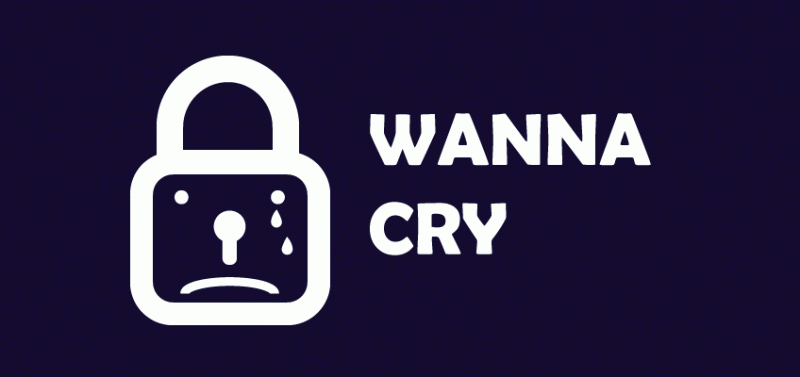The internet is everywhere. More than half of the world is connected to the internet through smartphones, tablets, laptops, and personal computers. But as the world joins hands to bridge gaps in digital connectivity, the network that binds digital devices also offers a path for evil to spy on your precious data and steal it. About a quarter of personal computers were deemed as unprotected, according to Microsoft’s Security Intelligence Report of 2013. No wonder the years to come would bear witness to some of the worst data breaches in history, from 21 million US citizen’s data being compromised in one of history’s worst cybercrime’s against government in the OPM attack against the US’s Federal Office of Personnel Management, to the first of its kind “WannaCry” ransomware attack in 2017 that shook the global economy of 5 billion dollars.
These and a plethora of other such cyber security incidents have made it clear that the internet cannot certainly be mistaken for an open sea in which you can dive as deep as you want without any sort of protection. Yet, many people on the internet don’t have any sort of protection on their personal computers. One of the major reasons for this outlook is the popular opinion, “This cannot happen to me”. Well, this is certainly not the case.
Mr. A is a final year university student. He has been carrying out research for the past one year and his submissions are due the next week. One day, while editing his documents, he gets a weird pop-up on his screen that informs him that he can no longer access his data and would have to pay 500$ in order to get his documents back.
Mrs. B is slightly more careful on the internet. She prefers visiting the store for all her shopping because she doesn’t want the internet e-commerce websites to store her personal information. But one fine day, she learns that her credit card limit has reached. She didn’t pay much attention to her net banking URL when she clicked on the “Yes” button which prompted her for her credit card pin. Moreover, she was unaware that banks never email you asking for your credit card information.
Mr. C rarely uses the internet. Yet he was one of the people whose sensitive data was compromised in the OPM cyber-attack.
Mr. A., Mrs. B, and Mr. C are not huge conglomerates. They are ordinary people who have felt the tremors of cyber attacks directly. To think that anyone is safe without protection on the internet is a mistake that many others like them make every single day. This is the very reason why no one can ignore the importance of computer security.
By following certain basic steps, one can ensure their safety on the internet. Use only safe URLS (with HTTPS in them) to access sensitive websites. Beware of where you click and what you agree to on the web page. Know your bank’s internet banking security policies. Always keep your PC up-to-date with the latest versions of software and latest patches installed. Ensure that the firewall in your PC is enabled. Finally, use a proper antivirus from a well-known computer security solution organization (Avira, Avast, Bitdefender Products, Norton are some popular and reliable names).
Technology itself does not have any moral character to guide it. It is free for anyone with the money and the knowledge to use it. And not everyone who pretends to give out “free” information or rewards on the internet is your well-wisher. It is essential that everyone with a connection to the internet does their bit towards internet security by ensuring that their system is secure. Such individual moves can help the world’s governments and technological organizations to build a digitized yet secure future for us.



